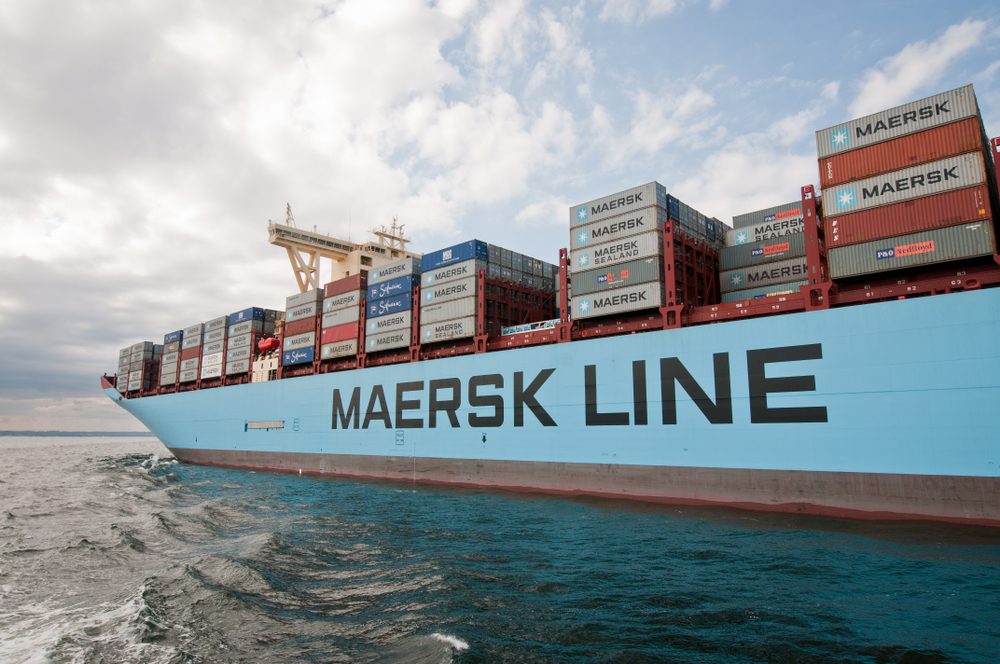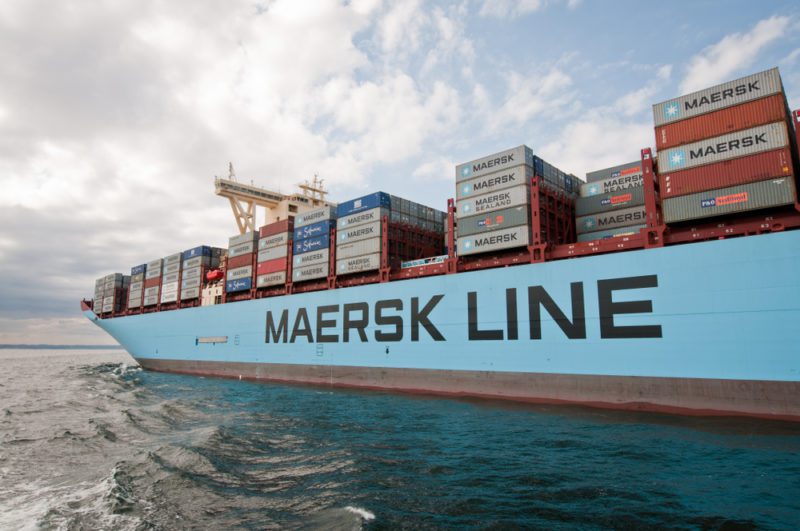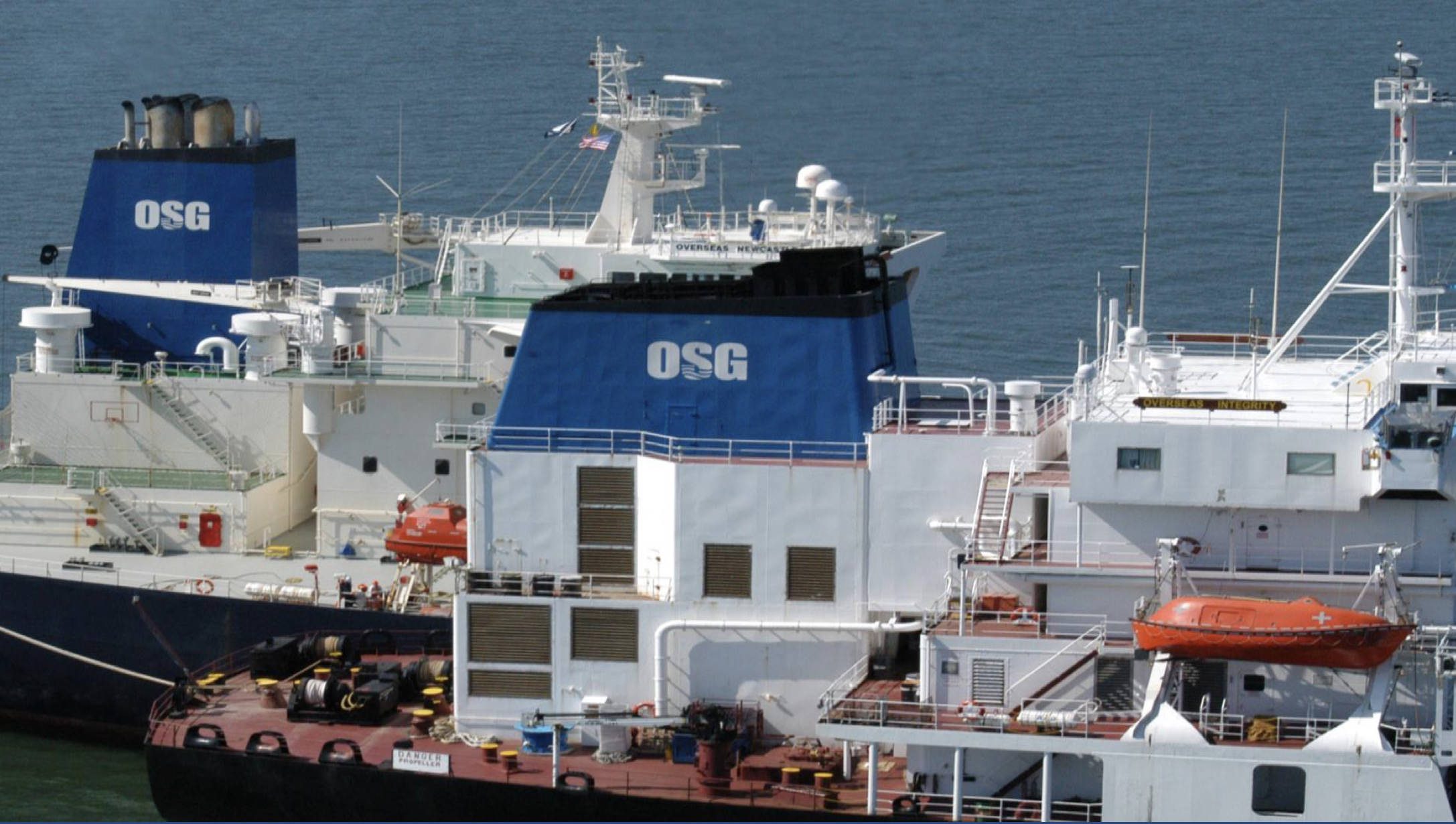Soren Skou, who runs the world’s biggest shipping company from Copenhagen, said the fallout of the current protectionist wave “could easily end up being bigger in the U.S.” Tariffs could slow global annual trade growth by 0.1 to 0.3 percent, though for the U.S. the effect could be “perhaps 3 or 4 percent,” he said at Maersk’s headquarters on Friday. “And that would definitely not be good.”
The company transports about 20 percent of the world’s seaborne consumer goods, putting it in a unique position to gauge the fallout of tariffs on trade flows. Maersk has in the past broken with its culture of steering clear of any political debate to criticize the trade policies of U.S. President Donald Trump.
Maersk focuses on trade flows between Europe and Asia and so far its industry hasn’t been directly hurt by tariffs. In fact, demand grew 4 percent in the second quarter. But Skou says that may change if the U.S. starts targeting consumer goods.
“The first thing the American importers would do if tariffs are put on Chinese consumer goods would be to buy in Vietnam, in Indonesia or elsewhere in Asia,” Skou said. “Big U.S. consumer brands like Nike produce in all of Asia, not just in one country, so there will be a substitution effect.”
The U.S. put duties on $34 billion of Chinese goods last month, citing unfair trade practices by the world’s second-biggest economy. The Trump administration has said it will impose tariffs on a further $16 billion on Aug. 23, and even signaled it won’t shy away from targeting the entire $500 billion in Chinese exports to the U.S.
“The other factor is that there’s a lot of stuff that’s now imported into the U.S. that just isn’t produced anywhere within the U.S.,” Skou said. “You can’t get Nike sneakers or iPhones that are produced in the U.S. So it will end up being pushed on to the consumer.”

 Join The Club
Join The Club








![A screengrab of a map showing an earthquake Mindanao, Philippines on Dec 2, 2023. (Image: US Geological Survey [USGS])](https://gcaptain.com/wp-content/uploads/2023/12/Screenshot-2023-12-02-at-10.45.17-AM-copy.png.webp)





